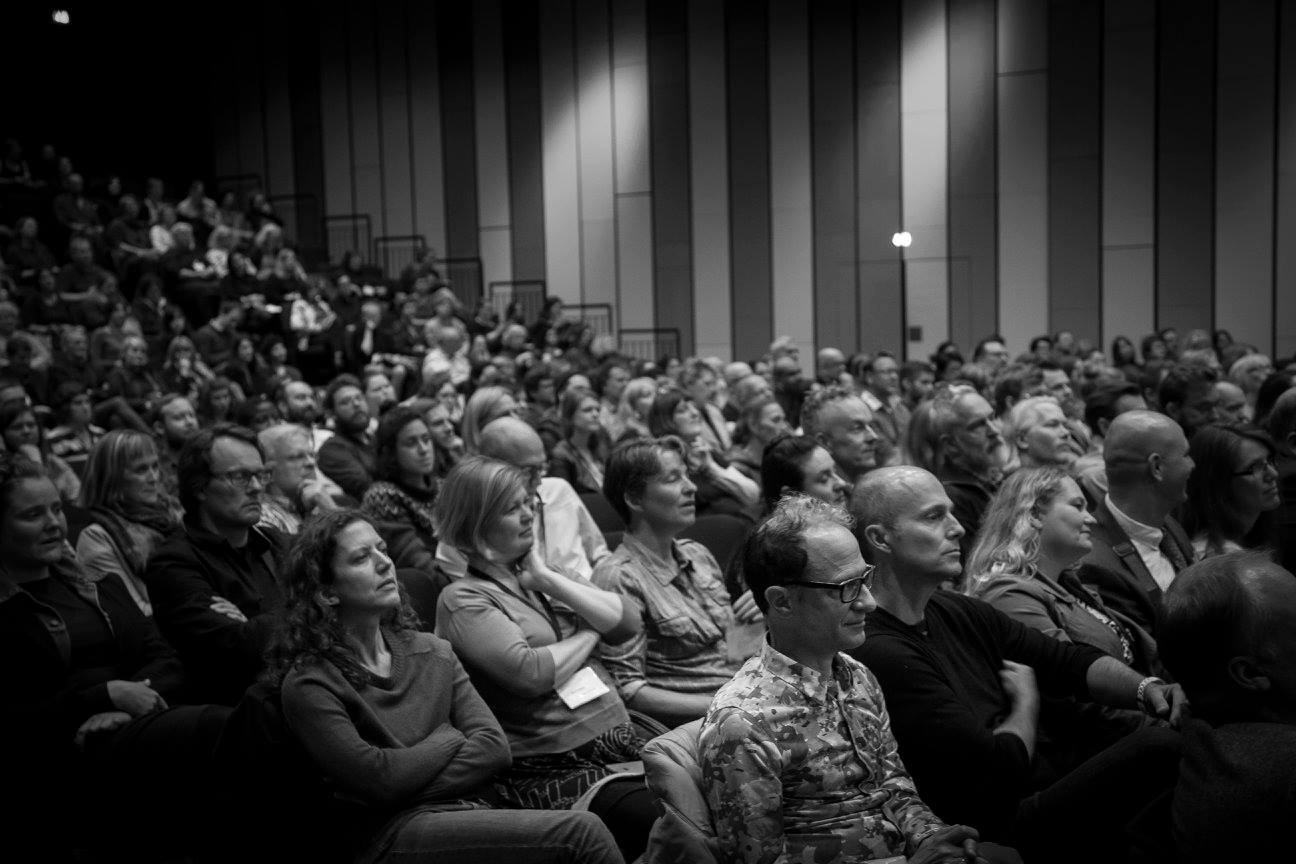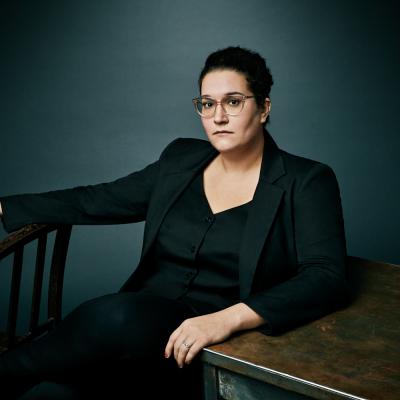
NonfictioNOW
November 1 - 3, 2018
Exploring the past, present, and future of nonfiction
In November 2018, the Piper Center proudly hosted NonfictioNOW, a gathering of over 400 writers from all around the world to explore the past, present, and future of nonfiction.
Neither a conventional academic conference nor a writers’ festival, NonfictioNOW is a conversation among peers on the intricate challenges and intriguing delights of writing and reading nonfiction. Panels and readings highlight the myriad forms of nonfiction, from the video essay and graphic essays, to the memoir, lyric essay, and literary journalism.
The keynote speakers for 2018 included Stephanie Elizondo Griest, Gretel Ehrlich, and Francisco Cantú. Other keynote speakers have included Karl Ove Knausgård, Maggie Nelson, Aisha Sabatini Sloan, Alison Bechdel, Rebecca Solnit, and more. The conference was founded by Robin Hemley at the University of Iowa in 2005.
To learn more about NonfictioNOW, keep reading. You can also learn more about the Desert Nights, Rising Stars Writers Conference or view our calendar to find upcoming events.
Meet Our Keynotes

|
Carmen Maria MachadoCarmen Maria Machado is the author of the memoir In the Dream House and the short story collection Her Body and Other Parties. She has been a finalist for the National Book Award and the winner of the Bard Fiction Prize, the Lambda Literary Award for Lesbian Fiction, the Brooklyn Public Library Literature Prize, the Shirley Jackson Award, and the National Book Critics Circle's John Leonard Prize. In 2018, the New York Times listed Her Body and Other Parties as a member of "The New Vanguard," one of "15 remarkable books by women that are shaping the way we read and write fiction in the 21st century." |